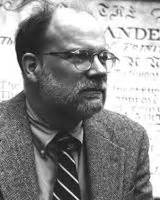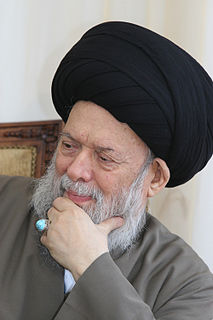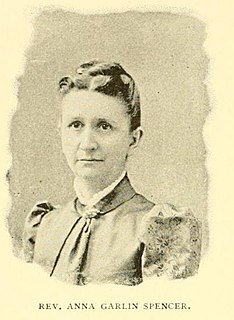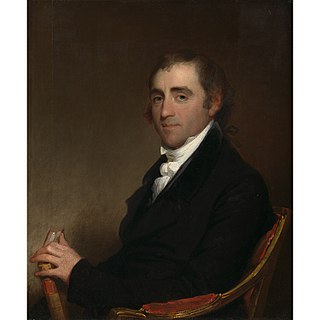A Quote by Henry Adams
Mr Jefferson meant that the American system should be a democracy, and he would rather have let the whole world perish than that this principle, which to him represented all that man was worth, should fail. Mr Hamilton considered democracy a fatal curse, and meant to stop its progress.
Related Quotes
The real world of American society is one which it is very misleading to call simply a democracy. Of course, it is in a sense a democracy, but it is one in which there are enormous inequities in the distribution of power and force. For example, the entire commercial and industrial system is in principle excluded from the democratic process, including everything that goes on within it
Democracy, in the United States rhetoric refers to a system of governance in which elite elements based in the business community control the state by virtue of their dominance of the private society, while the population observes quietly. So understood, democracy is a system of elite decision and public ratification, as in the United States itself. Correspondingly, popular involvement in the formation of public policy is considered a serious threat. It is not a step towards democracy; rather it constitutes a 'crisis of democracy' that must be overcome.
For the system of government you fashioned including the very principles on which you based it, is increasingly obsolete, and hence increasingly, if inadvertently, oppressive and dangerous to our welfare. It must be radically changed and a new system of government invented, a democracy for the 21st century. For this wisdom, above all, I thank Mr. Jefferson who helped create the system that served us so well for so long, and that now must, in its turn, die and be replaced.
The American world had - seemingly, at least - become a Jeffersonian world by the election of 1800, which placed Thomas Jefferson in the presidency. Jefferson had been Hamilton's rival in the new government's early years, and Hamilton has figured in the public memory almost as much for that rivalry as for his positive achievements.
Intellectuals love Jefferson and hate markets, and intellectuals write most of the books. Intellectuals often think that they should, for the benefit of mankind, act as fiduciaries for the clods who don't have to be intellectuals, and I suspect that has to do with [why historians love Jefferson and not Hamilton, even though Hamilton's vision of America's commercial future was vastly more accurate than Jefferson's].
It was love, she thought, love that never clutch its object; but, like the love which mathematicians bear their symbols, or poets their phrases, was meant to be spread over the world and become part of human gain. The world by all means should have shared it, could Mr Bankes have said why that woman pleased him so; why the sight of her reading a fairy tale to her boy had upon him precisely the same effect as the solution of a scientific problem.
When the Congress first met, Mr. Cushing made a motion that it should be opened with prayer . . . Mr. Samuel Adams arose and said he was no bigot, and could hear a prayer from a gentleman of piety and virtue, who was at the same time a friend to his country. He . . . had heard that Mr. Duche . . . deserved that character and therefore he moved that Mr. Duche . . . might be desired to read prayers to the Congress . . . . After (he read several prayers), Mr. Duche, unexpected to everybody, struck out into an extemporary prayer, which filled the bosom of every man present.







































